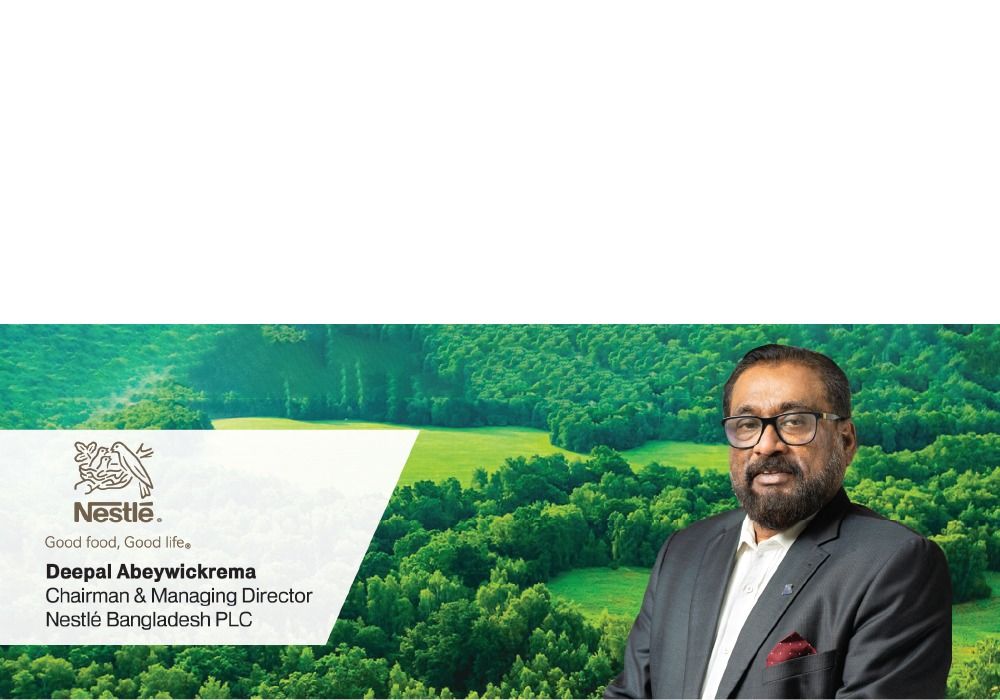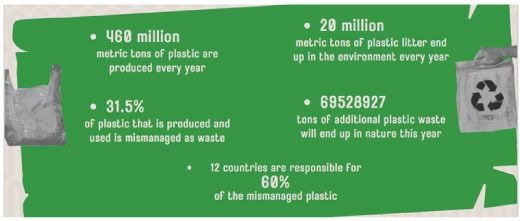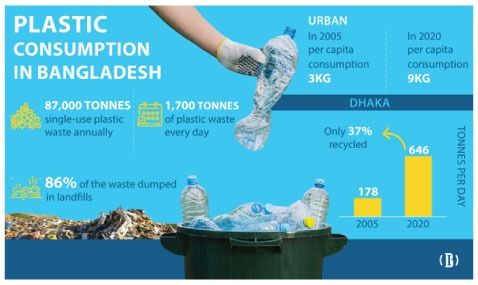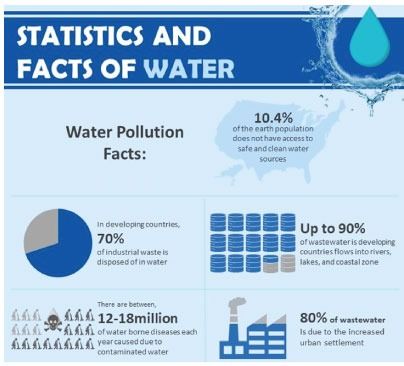- info@ficci.org.bd
- |
- +880248814801, +880248814802
- Contact Us
- |
- Become a Member
- |
- |
- |
- |
- |

Are we losing our focus on environmental sustainability amidst the myriad humanitarian crises we face? With wars, pandemics, and economic instability dominating global headlines, it is easy to overlook the pressing issue of environmental preservation. Yet, the deteriorating state of our planet demands our utmost attention. The question arises: can we afford to sideline sustainability while grappling with immediate human concerns? According to the UN Environment Program, "Climate-driven food and water insecurity is expected to increase with increased warming. When these risks combine with other adverse events, such as pandemics or conflicts, they become even more difficult to manage." Thus, our focus should not be derailed from environmental sustainability, as its consequences are long-term and have far-reaching negative impacts on humanity as a whole. Therefore, we must make it a core business principle rather than an add-on matter.
The Plastic Surge: Understanding the Scale and Impact of Pollution
The current trend of plastic pollution paints a grim picture. Globally, plastic waste is projected to double by 2040, reaching an estimated 1.1 billion tons. According to an article on 'Plastic Pollution', plastic production has sharply increased over the last 70 years. In 1950, the world produced just two million tons. It now produces over 450 million tons (Ritchie H, Samborska V, Roser M). And the numbers are becoming a problem, as most of it is not being managed properly. According to a report by the United Nations, approximately 8 million metric tons of plastic waste enter our oceans each year, equivalent to dumping one garbage truck of plastic into the ocean every minute.

The plastic usage has sharply increased in Bangladesh, too, posing severe challenges in terms of management. Alarmingly, only 37% of the waste is recycled, leaving the rest to litter streets, rivers, and oceans, contributing to the global marine pollution crisis.

From Abundance to Scarcity: The Intensifying Water Crisis
The human body is 70% water; more than half the world's flora and fauna live in water; and the food consumed by land species depends on and is often mainly constituted of water (Smol 2002). Yet, the 'blue' planet, apparently amply supplied with water, faces several immediate and impending water crises related to overuse and over consumption, poor resource management, climate change and pollution (Brisman et al. 2018; García Ruiz et al. 2020; Leahy 2018). Global water demand is expected to rise by 55% between 2000 and 2050, and in terms of its value as a global resource, water has been described as 'the next oil' (Lufkin 2017). All the data points out that the water crisis is intensifying. Bangladesh is not immune to this crisis, with millions facing water scarcity, exacerbated by pollution and over-extraction of groundwater.

What can Businesses do?
First of all, businesses cannot address these critical issues in isolation. Tackling the identified problems requires collaboration among all sectors of society-government, businesses, recyclers, and consumers. Together, we must develop policy reforms, innovative solutions, and best practices, making sustainability a core responsibility rather than an add-on. Only through a united, multifaceted approach can we effectively combat plastic pollution and the water crisis, steering toward a sustainable future.
Nestlé's Journey towards Sustainable Packaging:
Our Good for the Planet strategy helps ensure we play our part in addressing key challenges like climate change, nature loss, water scarcity and plastic pollution and supports us in advancing regenerative food systems at scale. The strategy is key for our continuous growth, while ensuring we can serve future generations of consumers without running out of natural resources. For plastic packaging, our vision is clear: none of Nestlé's packaging, whether it is plastic or otherwise, should end up in landfill or as litter. So, we prioritize reducing waste, recovering packaging materials for reuse, increasing recycling and finding suitable alternatives to plastic.

In Bangladesh, we share a similar approach. Using 2018 as our baseline, we are continuously redesigning our packaging, converting our portfolio to recyclable materials, and reducing the use of virgin plastic. We are also focused on achieving plastic neutrality by helping local players improve processes and adopt new technologies that will benefit the industry. Since the majority of Nestlé's packaging consists of soft laminates, which have lower market value and are less frequently recycled, we are currently collaborating with a supplier that transforms soft wrappers into plastic pellets, ultimately creating beautiful and cost-effective recycled materials.

Nestlé Factory: A Zero Liquid Discharge Factory in Gazipur
Nestlé recognizes that the company's long-term success is built upon effective water stewardship where its factories are located. Effective water stewardship requires ensuring it is used efficiently for industrial use. In this context, Nestlé Bangladesh has worked relentlessly to improve its water discharge process and achieved Zero Liquid Discharge, where the factory has been able to retreat the wastewater and reuse it for other purposes. As the food industry, the company has stringent requirements for water reusability, and considering that they have analyzed thoroughly and found the following areas to reuse water like "Cooling Tower Makeup Water," which has no direct contact with food and non-production area: cleaning, road watering, gardening, construction work. The wastewater is treated up to the tertiary level through advanced filtration.
Concluding Remarks:
In conclusion, the urgent challenges of environmental sustainability, plastic pollution, and water scarcity require our immediate collective action. As we confront humanitarian crises, we must not neglect our commitment to preserving the planet. Alarming statistics on plastic waste and water stress underscore the need for sustainable practices across all sectors. Collaboration among businesses, governments, and communities is essential to develop innovative solutions and prioritize sustainability as a core responsibility. Nestlé's initiatives in Bangladesh, such as redesigning packaging and achieving zero liquid discharge, demonstrate how proactive measures can drive meaningful change. Together, we can tackle these critical issues and secure a healthier planet for future generations.





